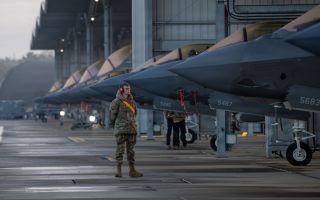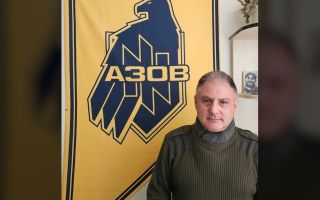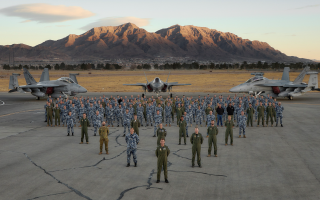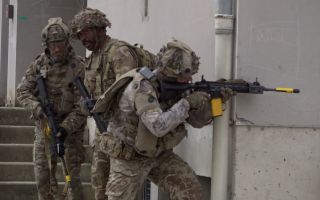Who's In Charge Of The World’s Chemical Weapons?
Porton Down
Also known as the Defence Science and Technology Laboratory (DSTL), Porton Down is one of the most controversial military sites in the UK.
It is here, in its world-class laboratories, that the majority of British military research into chemical weapons is conducted.
Porton Down is located close to Salisbury, the site of the recent chemical weapons attack on former Russian spy Sergei Skripal.
The site was first created in response to the use of chemical weapons in the First World War.
At the time, the chlorine, mustard and phosgene gas used had never been seen before so soldiers had no idea what they were facing.
Therefore, Porton Down was responsible for the development of gas masks to protect them, but it also began developing its own variations on chemical weapons.
However, in 1925 the use of chemical weapons in warfare was banned - but their development wasn't.
In the 1950s, Porton Down developed its own nerve agent, known as Venomous Agent X.
The nerve agent is primarily used to test that military equipment is able to withstand its use.
Now, Porton Down focuses on the defensive study of chemical weapons in order to better protect the British military against any kind of attack.
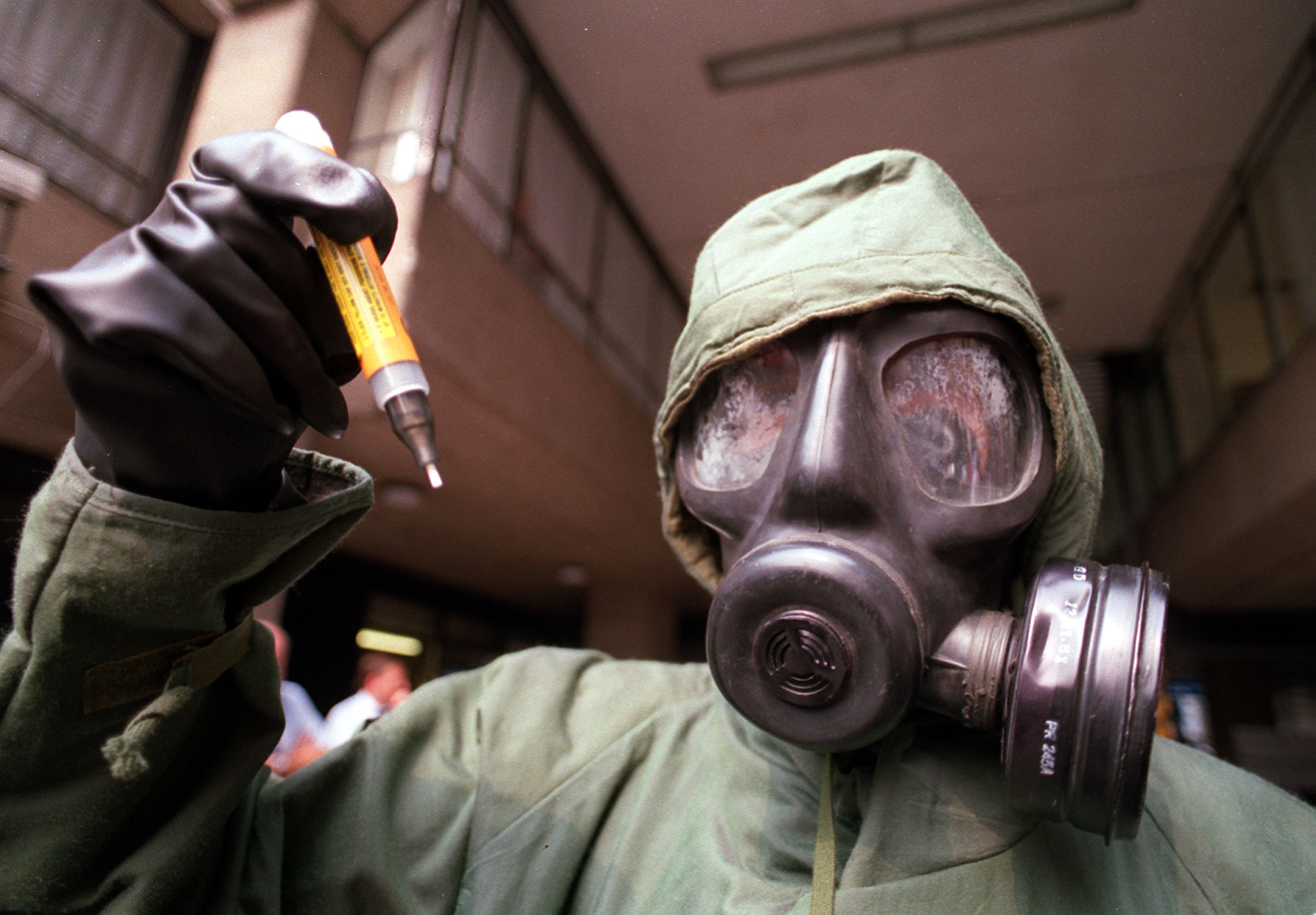
Shikhany
Shikhany is Russia’s own version of Porton Down, but many would argue that given recent developments, it might have a far more sinister purpose.
Shikhany was once the forefront of the Soviet Union’s chemical weapons development programme.
It is believed that this is the laboratory which was used to develop Novichock, the nerve agent allegedly used to poison former Russian double agent Sergei Skripal.
During the Second World War, the laboratory was used to develop chemical weapons used by Soviet troops in the fight against the Nazis.
Since the Cold-War ended, it has been used to destroy many of the chemical weapons which had previously been developed there.
Aberdeen Proving Ground
Aberdeen Proving Ground in Maryland is home to the United States Army Medical Research Institute of Chemical Defense.
The facility is the country’s leading laboratory dedicated to coming up with countermeasures to chemical warfare.
The laboratory was established in 1922 as part of the Army Medical Department and was used to develop treatments for chemical weapons casualties during the First World War.
The US also ran its own programme for the production of chemical munitions to be used in warfare during this period, as well as during the Second World War and the Cold War, at which point they focused on developing non-lethal nerve agents.
Although the lab still exists to come up with counteractive measures and treatment for the victims of chemical warfare, the U.S denounced the use of chemical and biological weapons in warfare in 1969.
It has since been working on destroying its stockpile of chemical weapons as developed throughout the First, Second and Cold Wars.
Complete destruction is due to be completed by 2023.
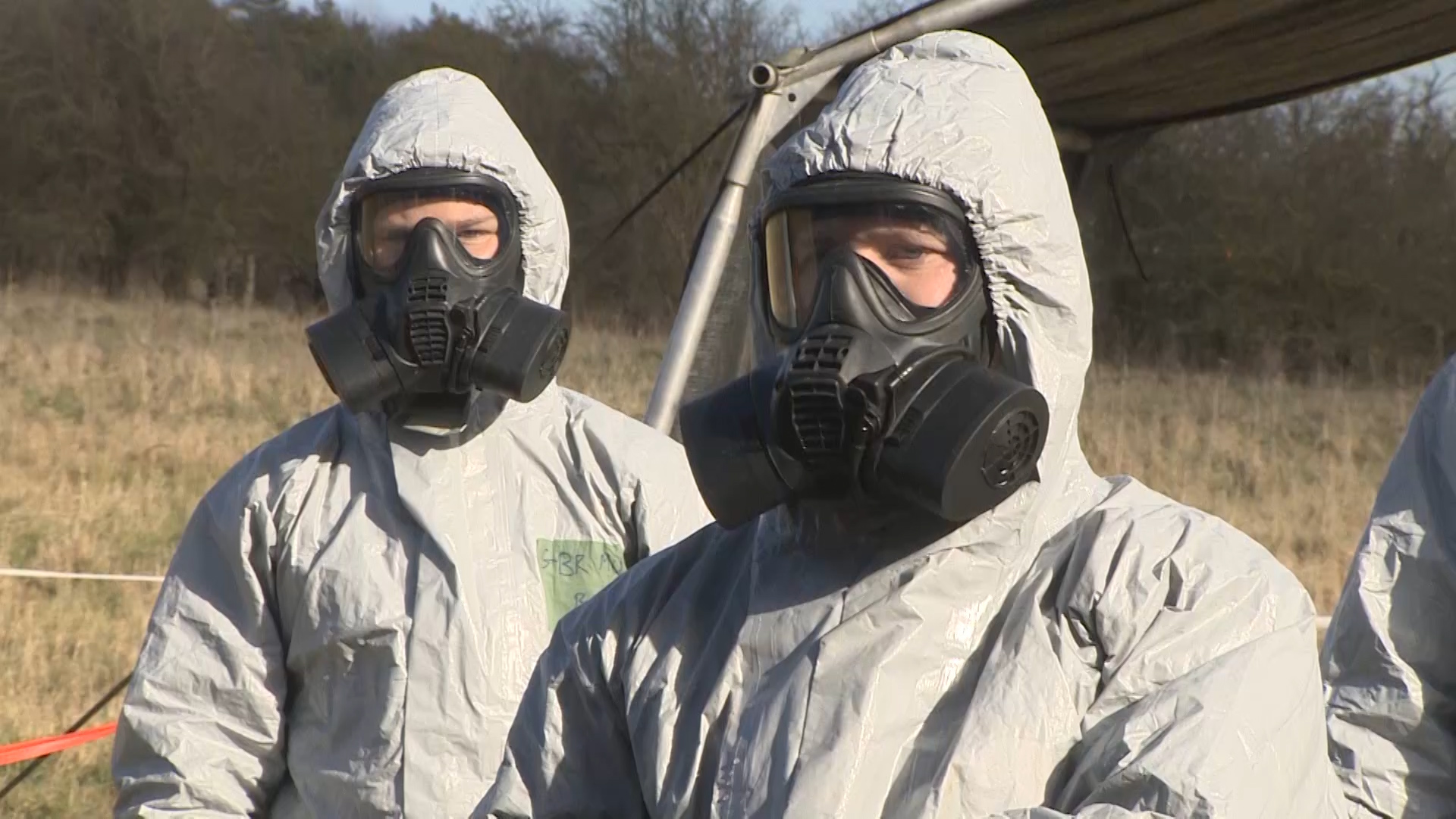
Organisation For The Prohibition Of Chemical Weapons
The Organisation for the Prohibition of Chemical Weapons (OPCW) is an intergovernmental organisation and the implementing body for the Chemical Weapons Convention, which came into force on 29 April 1997.
Since then, it has been the most successful disarmament treaty, working closely with the UN to permanently eliminate an entire class of weapons of mass destruction.
According to the OPCW, "over 96 percent of all chemical weapon stockpiles declared by possessor States Parties" have been verifiably destroyed’.
On 27th September 2017, the organisation released a statement to mark the destruction of the 39,967 metric tons of chemical weapons possessed by the Russian Federation.
It is claimed that the remainder of Russia’s chemical weapons arsenal was destroyed at the Kizner Chemical Weapons Destruction Facility, in the Udmurt Republic.
On 12th March 2018, when Boris Johnson asked Russia's Ambassador to the UK to provide an explanation to the attack against Skripal and his daughter, he also requested complete disclosure of the Novichok programme to the OPCW.
The OPCW was awarded the 2013 Nobel Peace Prize "for its extensive efforts to eliminate chemical weapons" in Syria.




